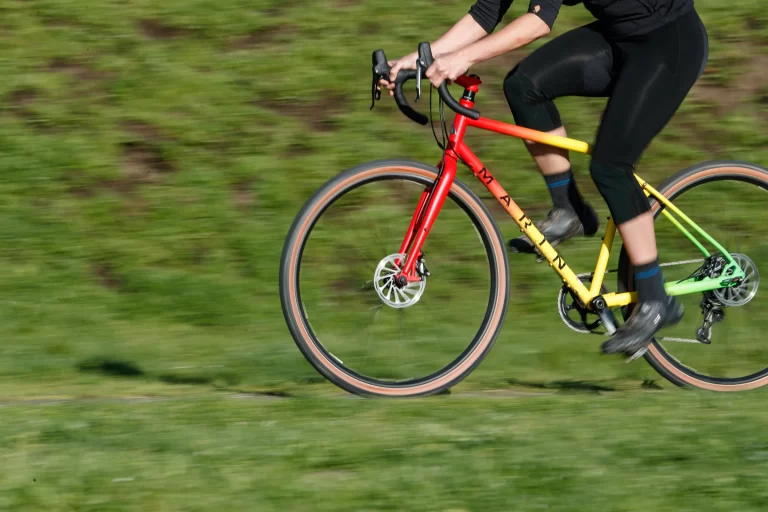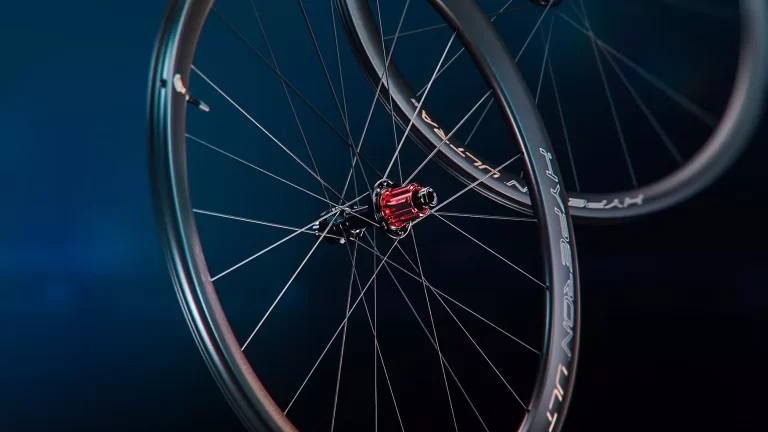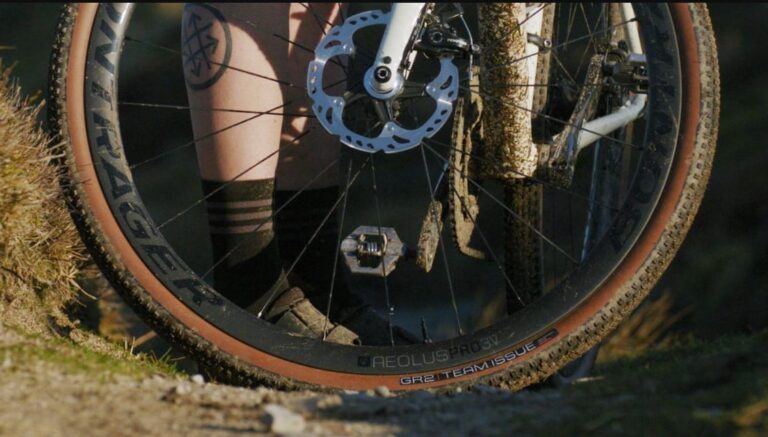How Wheel Weight Influences Road Bike Performance

Key Point Summary of How Wheel Weight Influences Road Bike Performance:
- Impact on Acceleration: Lighter wheels allow for quicker acceleration due to reduced rotational mass.
- Handling and Ride Quality: Wheel weight affects the bike’s handling, with lighter wheels offering more responsive and nimble movements.
- Climbing Efficiency: Lighter wheels can improve climbing performance, making ascents less energy-intensive.
- Aerodynamics vs. Weight: While weight is crucial, the aerodynamic profile of the wheel also plays a significant role in overall performance.
Throughout my years of cycling, traversing the worlds of road biking, mountain biking, and everything in between, I’ve cultivated a deep appreciation for the subtleties that distinguish a good ride from a great one. Among these, wheel weight stands out as a pivotal factor, particularly in the realm of road biking where every gram seems to count twice.
The Role of Wheel Weight in Road Biking
The significance of wheel weight cannot be overstated, impacting everything from acceleration to handling. My journey through the cycling world has taught me that the wheels are not just another component of the bike; they are the heartbeat of its performance.
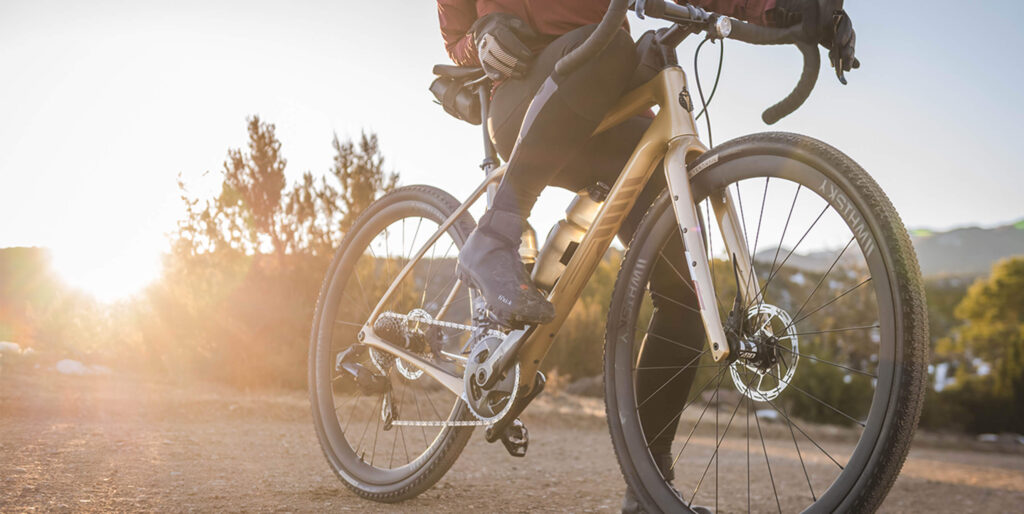
Acceleration
The most immediate impact of wheel weight is on acceleration. Lighter wheels have less rotational mass, meaning it takes less energy to get them spinning. This is something I’ve felt vividly during sprints or when attempting to close a gap. The difference between heavy and light wheels in these moments can feel like the difference between running with weights on your ankles and taking them off.
Handling and Ride Quality
Handling and ride quality are also directly influenced by the weight of your wheels. Lighter wheels offer a more responsive feel, making the bike more nimble and easier to control, especially in tight corners or when maneuvering through the peloton. This responsiveness can also translate into a smoother ride, as the reduced weight makes it easier for the wheels to conform to the road’s surface, absorbing bumps and vibrations.
Climbing Efficiency
Any cyclist who has faced a daunting climb knows the value of every saved ounce. In climbing, the benefits of lighter wheels are felt in reduced effort to overcome gravity. This isn’t just theoretical; on long climbs, the difference in wheel weight can be felt in how much sooner fatigue sets in. Lighter wheels can make a significant difference in your ability to sustain effort and maintain speed uphill.

Aerodynamics vs. Weight
While discussing wheel weight, it’s crucial to consider the aerodynamic profile of the wheels. In certain conditions, particularly on flat terrain and at high speeds, the aerodynamic efficiency of deeper, potentially heavier wheels can outweigh the benefits of a lighter set. It’s a balance, one that requires careful consideration of your primary riding conditions and goals.
How Wheel Weight Influences Road Bike Performance: The Bottom Line
In conclusion, wheel weight plays a critical role in road bike performance, influencing acceleration, handling, and climbing efficiency. The choice of wheels should align with your riding style, goals, and the typical terrain you encounter. As with all things in cycling, there’s a balance to be struck, and finding the right wheels for you is a journey worth taking. Here are some of the top road bike wheels across various categories:
For Overall Performance:
- Zipp 303 Firecrest Carbon Wheelset: Known for its versatility, the Zipp 303 Firecrest offers excellent aerodynamics, and durability, and is lightweight, making it suitable for both climbing and flat rides.
For Climbing:
- ENVE SES 3.4 Carbon Wheelset: With its lightweight and stiffness, the ENVE SES 3.4 is designed for optimal performance on climbs and variable terrain, providing excellent handling and responsiveness.
For Aerodynamics:
- HED Vanquish 6 GP Disc Brake: This wheelset stands out for its aerodynamic efficiency, stability in crosswinds, and impressive rolling speed, ideal for time trials and flat races.
For Durability and Value:
- Shimano Dura-Ace C40 Carbon Wheelset: Offering a great balance between performance and durability, the Dura-Ace C40 is a reliable choice for competitive and recreational riders alike, with excellent build quality and Shimano’s renowned engineering.
For Budget-Friendly Options:
- Mavic Cosmic Elite UST: This wheelset provides a great entry point into the performance wheel market, offering good aerodynamics, UST tubeless compatibility, and reliable performance at a more accessible price point.
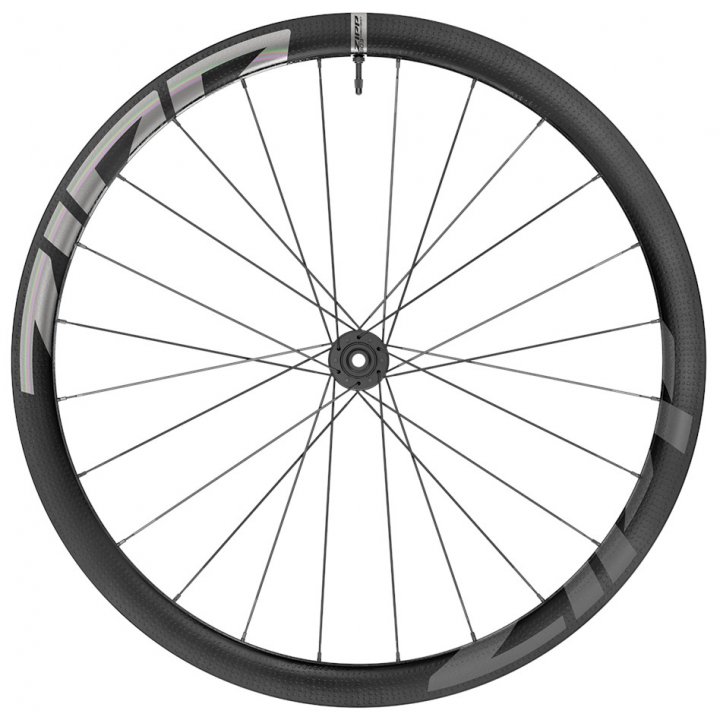
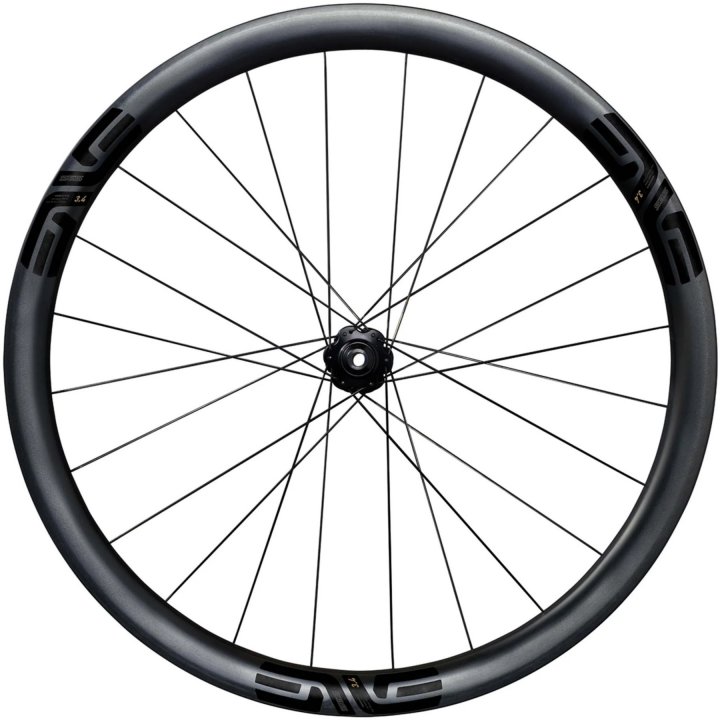
Happy cycling!
John
FAQ
How does wheel weight affect performance?
Wheel weight affects performance by influencing acceleration, handling, and climbing efficiency. Lighter wheels offer quicker acceleration, more responsive handling, and easier climbing.
Does bike wheel weight make a difference?
Yes, bike wheel weight makes a difference, especially in terms of how quickly you can accelerate and climb, as well as how nimble the bike feels during handling.
Does 2kg make a difference on a bike?
Yes, 2kg makes a difference on a bike, particularly in climbing where extra weight requires more energy to overcome gravity, potentially affecting speed and rider fatigue.
How does bike weight affect performance?
Bike weight affects performance by impacting acceleration, climbing, and overall energy expenditure. Lighter bikes are easier to accelerate and climb with, but the overall impact also depends on rider strength, terrain, and other factors like aerodynamics.

